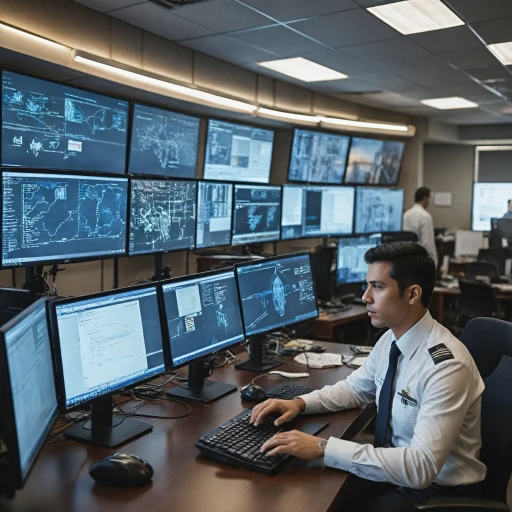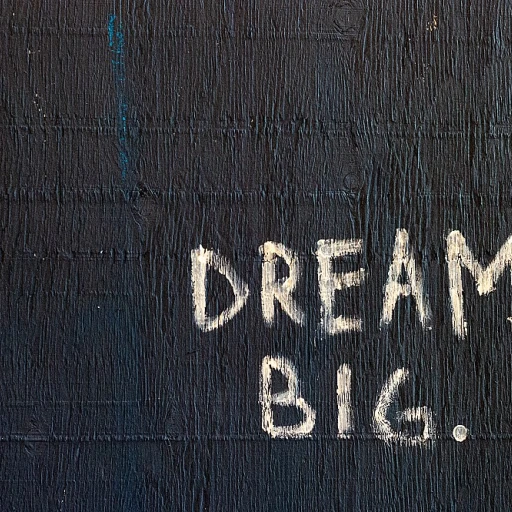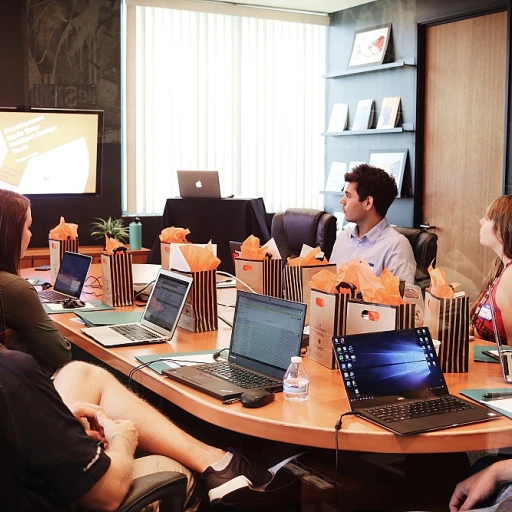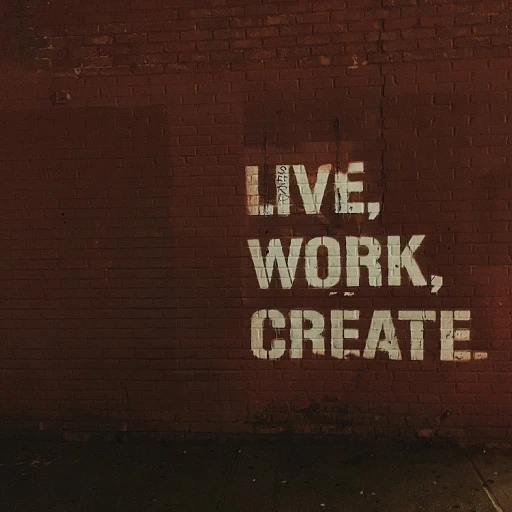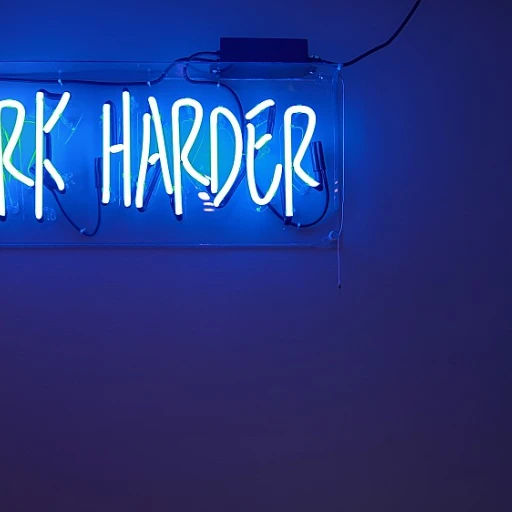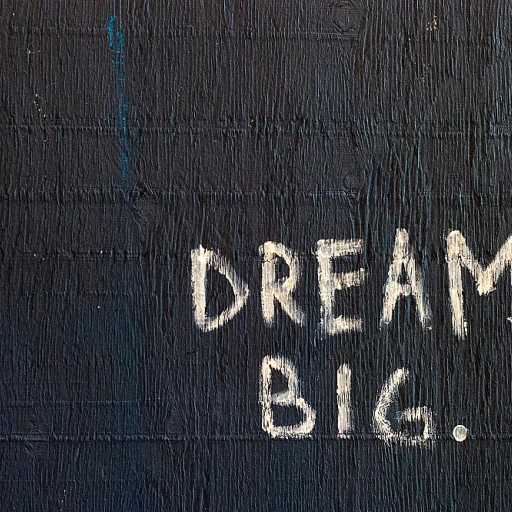
Understanding the Strategic Role of the C-Suite
Grasping the Significance of C-Suite Leadership
To navigate the complexities of modern business, the strategic role of the C-Suite is more crucial than ever. This level of management serves not just as decision-makers, but as the guiding force behind a company’s vision, mission, and operational execution. Understanding this role enables you to craft interview questions that truly probe into a candidate's strategic acumen.
The C-Suite isn’t merely about holding a title; it is about impacting every facet of the company culture and driving organizational success. Those in or aspiring to these roles must demonstrate a high degree of strategic thinking and leadership skills. Their decisions can influence the future trajectory of the company, making it paramount to identify candidates who embody the values and goals of the company.
When gearing up for the interview process, it's imperative to identify the key attributes pivotal for the role. This includes the ability to adapt and innovate, skills in fostering a high-functioning team that aligns with the company culture, and demonstrating a capacity for insightful problem-solving.
As you develop your interview strategy, make sure to incorporate questions that delve into these aspects. For instance, asking candidates to describe a time when they had to adapt quickly in a challenging situation could reveal their adaptive capacities. Similarly, questions focused on how they approached a particular problem can shed light on their problem-solving prowess.
Recognizing the diverse roles of the C-Suite can assist you in pinpointing the best fit for your company. By understanding the strategic aspects of the job, you position yourself—and your company—for success in identifying leadership that can navigate future challenges competently.
For those looking to further their leadership capabilities, initiatives like enhancing leadership acumen can be instrumental in equipping leaders with the skills needed to thrive in today's fast-paced business environment.
Key Attributes to Identify in C-Suite Candidates
Identifying Strategic Attributes in Candidates
The process of selecting a suitable candidate for a c-suite role is critical to an organization's strategic direction. When considering strategic attributes, it's imperative to evaluate whether the candidate possesses key qualities that align with the company's broader goals. As you prepare your interview questions, consider focusing on how candidates might exhibit these attributes.
First, ensure the candidate demonstrates strong leadership abilities. In a job interview, assess if they can inspire and guide a team, adapting their approach for a good fit with your company culture. Ask them to describe a time when they successfully led a project under challenging circumstances. Their answer should articulate their leadership style and how they foster a cohesive culture team.
In addition to leadership, strategic thinking is crucial for top executives. You’ll want to dig into examples that could reveal their capability for such thought processes. Encourage candidates to share an example time when they developed a strategic initiative that delivered measurable benefits to their company. Follow-up questions interview can focus on their decision-making framework and their ability to work collaboratively with other leaders.
- Can the candidate articulate a clear understanding of their previous roles and the impact they had?
- Do they demonstrate drive by continuously seeking innovative solutions?
- Are they aware of how they can contribute to your company’s long-term success?
Moreover, empathy and cultural intelligence are attributes that set apart a strategic leader. These traits ensure the alignment with longstanding values of the organization, enhancing both internal harmony and external reputation. To evaluate this, ask behavioral interview questions anchored in real-life scenarios, prompting them to utilize the STAR method to provide structured answers.
Navigating the intricacies of c-suite recruitment demands attention to these attributes. By focusing on these strategic markers, the interview process will help you ultimately find the best candidate who doesn't just qualify on paper but exemplifies the qualities essential for continued growth.
For a strategic perspective on evaluating executive candidates, you might find Navigating the World of Search Funds: A Strategic Guide for the C-Suite insightful.
Crafting Questions to Reveal Strategic Thinking
Unveiling Strategic Thinking in Interview Candidates
Crafting questions that bring strategic thinking to light during an interview is a nuanced process. As a CEO exploring potential C-suite candidates, it’s vital to design questions that reveal the depth and breadth of a candidate's strategic acumen. Here’s how to do it:- Scenario Analysis: Request candidates to describe a time when they had to adapt their strategy in response to unforeseen market changes. This approach not only gauges their understanding of market dynamics but also their ability to pivot effectively.
- Vision Articulation: Ask them to share a strategic vision they’ve developed and the outcomes it generated. This way, you’re assessing their ability to envision long-term goals that align with the company culture.
- Value Proposition: Pose questions about how they would refine or redefine the company’s value proposition. Answers will help you identify those who are poised to enhance competitive advantage and drive growth.
- Stakeholder Engagement: Delve into how they would engage with stakeholders to foster alignment and support for strategic initiatives. This probes their influence within team structures and larger networks.
- Outcome Evaluation: Inquire about a strategy they implemented that didn’t go as planned. Explore what they learned and how they adjusted the role expectations. This insight uncovers their resilience and ability to derive valuable lessons from failures.
Evaluating Leadership and Cultural Fit
Discovering the Right Cultural Fit and Leadership Potential
When interviewing for a high-stakes role within the C-suite, ensuring a candidate aligns with the company culture and exhibits leadership acumen is crucial. Here's how you can effectively evaluate these aspects during the job interview process:- Behavioral Interview Techniques: Utilize the STAR method (Situation, Task, Action, Results) to structure your questions. This approach allows candidates to describe a time they applied specific skills, providing a window into their past behavior and its outcomes. For example, asking about a time they led a team through a significant change can reveal their leadership style and adaptability.
- Culture Alignment Questions: Delve into discussions that reveal how a candidate perceives and adapts to organizational values. Asking questions like, "Can you describe an example of how you've fostered a strong culture team environment?" will help you determine if their values align with those of your company.
- Exploring Leadership Styles: Inquire about their preferred ways to motivate and manage a team. Questions like, "How do you tailor your leadership approach when dealing with diverse team dynamics?" are instrumental in gauging their flexibility and leadership effectiveness.
- Follow-up for Depth: After initial answers, it's beneficial to ask follow-up questions to dig deeper. For instance, if a candidate shares a challenging decision-making process, further probe by asking what they learned and how they'd approach similar situations in the future to assess reflective thinking and growth potential.
Assessing Problem-Solving and Decision-Making Skills
Uncovering Decision-Making Prowess
In the high-stakes environment of the C-suite, the ability to make sound decisions swiftly and effectively is paramount. When interviewing candidates for strategic leadership roles, it's crucial to assess their problem-solving and decision-making skills. This can be achieved by crafting questions that delve into their past experiences and decision-making processes.
One effective approach is to ask candidates to describe a time when they faced a significant challenge in their previous role. Encourage them to share the process they followed to arrive at a solution. This not only reveals their problem-solving skills but also provides insight into their strategic thinking and ability to work under pressure.
Behavioral and Situational Questions
Behavioral interview questions are a powerful tool in this context. By asking candidates to provide specific examples of past behavior, you can gain a better understanding of how they might perform in the future. For instance, you might ask, "Can you describe a time when you had to make a difficult decision that impacted the entire team?" This question will help you assess their leadership capabilities and how they align with the company culture.
Additionally, situational questions can be used to evaluate how candidates would handle hypothetical scenarios. For example, "If you were faced with a sudden market shift that threatened the company's primary revenue stream, what steps would you take to address the issue?" Such questions not only test their strategic acumen but also their ability to adapt and innovate.
Best Practices for Effective Interviews
To ensure you're getting the most out of your interviews, it's important to follow best practices. Use the STAR method (Situation, Task, Action, Result) to guide candidates in providing structured and comprehensive answers. This method will help you find the best fit for your organization by ensuring candidates provide clear and relevant examples of their past experiences.
Remember, the goal is to uncover whether the candidate possesses the necessary skills to thrive in a strategic leadership role. By asking the right questions and listening carefully to their answers, you'll be better equipped to make informed hiring decisions that align with your company's strategic goals.




